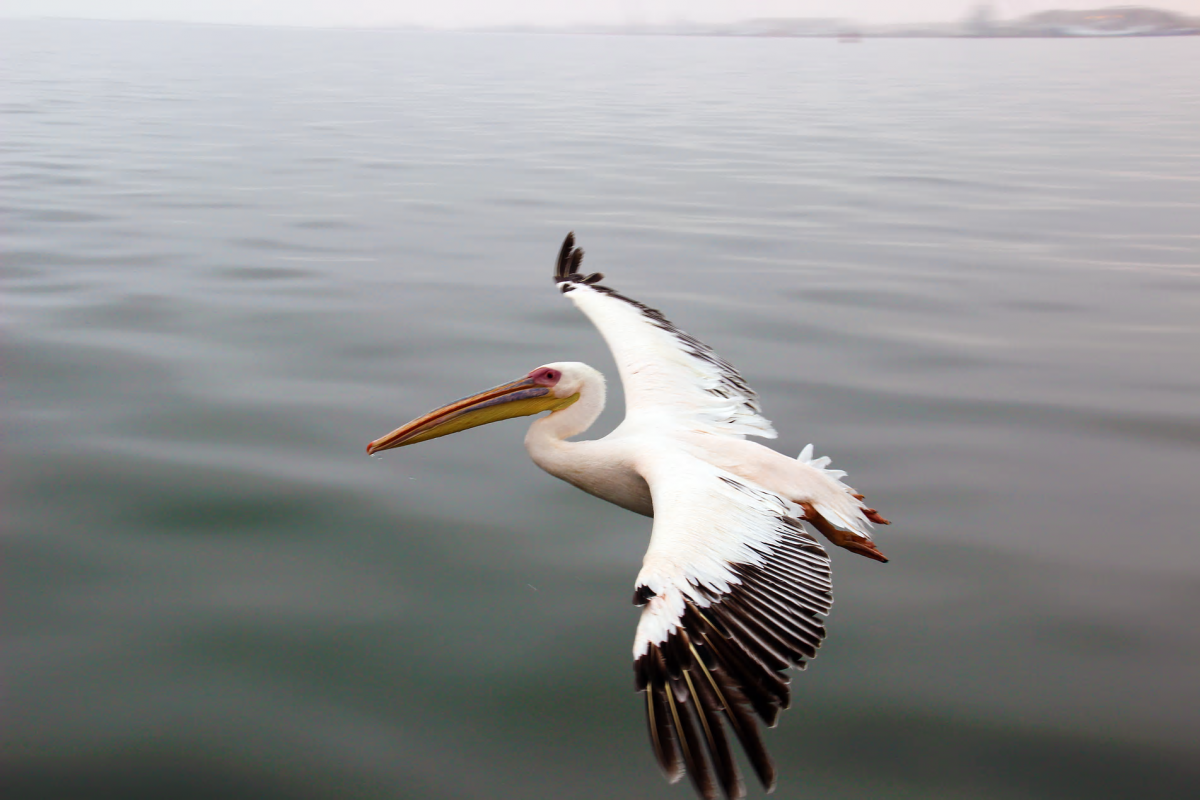Mother Nature is always generous with its gifts; yet, we should be careful with its resources and never take them for granted. As pollution, climate change, and the misuse of natural resources have been affecting the precious resources dramatically, the UNESCO has announced its Sustainable Development Goals for a better world by 2030.
One of the most precious resources that have been facing many challenges is the Benguela Marine Ecosystem, which runs along southwestern Africa and the coastline of Angola, Namibia, and South Africa. It is one of five wind-driven coastal upwelling systems in the global oceans, and it is an important center of marine biodiversity. It is characterized by high productivity due to its distinctive bathymetry1, hydrography2, chemistry, and trophodynamics3. In addition to holding rich deposits of minerals, its offshore sediments contain rich deposits of diamonds and other precious metals, as well as oil and gas reserves.
The system supports rich fish stocks of sardines, anchovies, horse mackerel, other small pelagic fish, as well as zooplankton and crustaceans. The Benguela Current also plays a significant role in global ocean and climate processes through heat transfer from the Southern Hemisphere to the Northern Hemisphere. The natural beauty of the coastal regions, many of which are still pristine, has also enabled the development of significant tourism in some areas.
Pressing Challenges
Recently, many threats have emerged, becoming more and more pressing; as a result, the Benguela Marine Ecosystem is in real danger. Those challenges can be divided into three main sections.
First, there is the collapsing of several fish stocks as a result of overfishing and ecologically destructive fishing practices following the rapid expansion of fisheries and their heavy exploitation by foreign fleets. Second, there is the regional conflict, which forced more people to live along the coast, where development and industry were poorly-planned, resulting in the decline of coastal habitat. Moreover, the location of the ecosystem makes it more susceptible to the impacts of climate change.
Finally, the incompatible laws and management systems of nations governing marine resources; they do not only lack the resources, they are lacking expertise and legal tools to promote effective management as well.

One Goal across Boundaries
Many efforts and convictions have been arranged to come up with solutions for those challenges with a long term vision in thinking towards tomorrow.
The Benguela Current Large Marine Ecosystem Program sponsored about 100 projects in the region to support strategies emphasizing ecological monitoring. The program offers opportunities for scientists and researchers in the region needed to develop the human capital that would allow the governments of Angola, Namibia, and South Africa to execute scientific monitoring and research to maintain effective management of the marine resources. These governments coordinate their efforts to control marine and land-based pollution and to ensure sustainable fisheries, policies, and regulations that include measures such as suspending fishing to let stocks replenish, marine parks for threatened species and habitats, and oil spill contingency plans.
Since the Benguela Current is a shared resource between Angola, Namibia, and South Africa, conventional coastal and ocean management approaches are not enough. through a series of projects funded by the Global Environment Facility (GEF), the United Nations Development Program (UNDP) has been assisting the three countries in jointly managing the precious ocean resources they share. Remedying decades of fragmented management and overexploitation of resources in the Benguela ecosystem requires a coordinated effort and consistent action in the years ahead; not only by the three government agencies, but also by local stakeholders and the international community.
The project helped bring the three governments together to examine the ecologic, socio-economic, and governance issues across key sectors; such as: fishing, tourism, and oil and gas extraction. The countries agreed on and signed a mutual strategy that reflects this integrated approach. By working together, Angola, Namibia, and South Africa are taking critical steps to ensure the long-term future of their shared ocean-based economies and societies. Together, the three nations move towards a better future with shared goals that will help in creating a better world by 2030.
Glossary:
- Bathmetry: the measurement of the depth of water in oceans, seas, or lakes.
- Hydrography: the science of surveying and charting bodies of water, such as seas, lakes, and rivers.
- Trophodynamics: the dynamics of nutrition or metabolism and is fundamental in understanding the flow of energy through food webs.
*The original article was posted in SCIplanet magazine, Winter 2019 issue.
References
whc.unesco.org/en/tentativelists/6094
abidjanconvention.org
benguelacc.org/index.php/en
webservices.itcs.umich.edu/drupal/mebm/?q=node/12
stories.undp.org/together-protecting-the-benguela-marine-ecosystem
Images reference